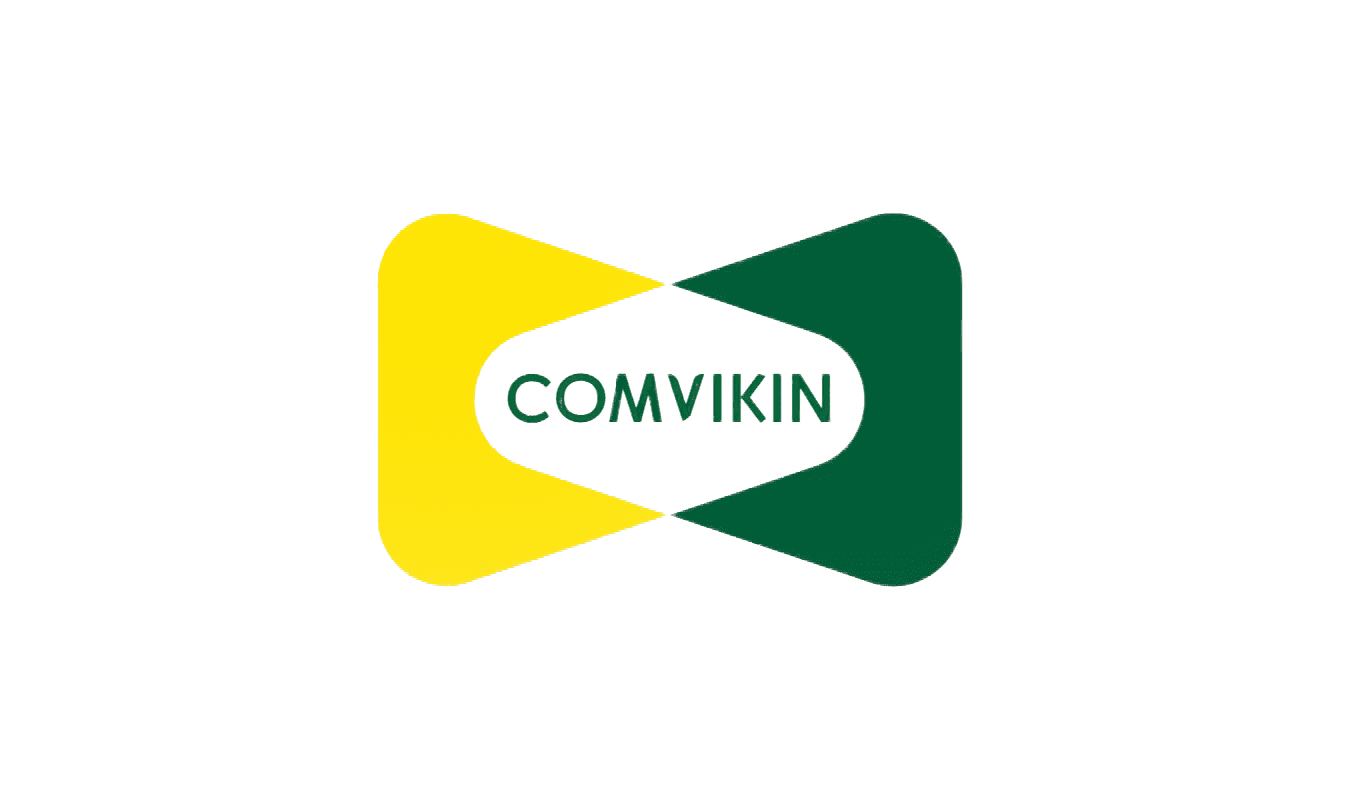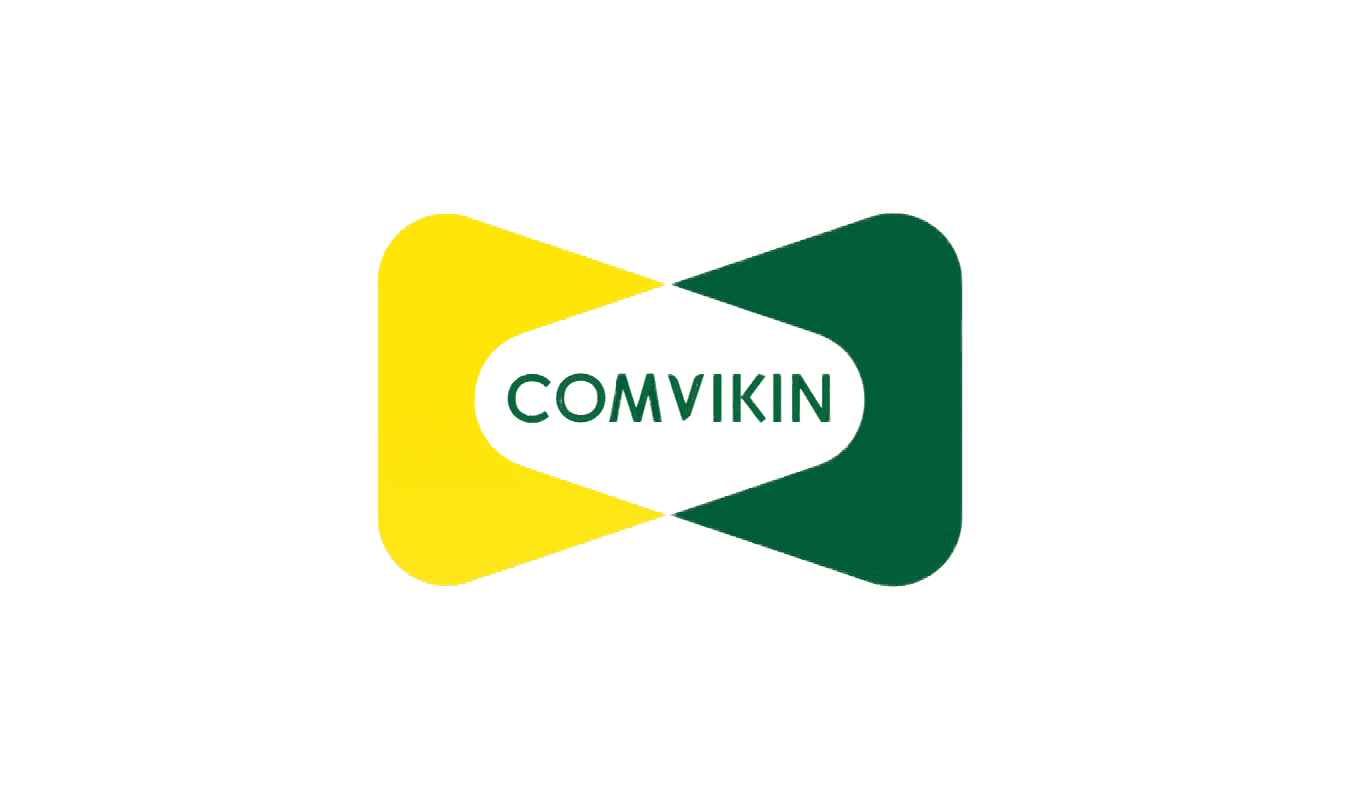Table of contents:
Selecting the right Ascorbyl Palmitate factory is a critical decision for businesses seeking a reliable source of this widely used antioxidant in various industries. Ascorbyl Palmitate, a lipophilic derivative of Vitamin C, finds applications in food, pharmaceuticals, and cosmetics. The success of your product hinges on the quality of this ingredient, making the choice of a trustworthy factory paramount. In navigating this decision, several key considerations come into play to ensure a seamless and dependable supply chain.
Overview of Ascorbyl Palmitate
Ascorbyl palmitate (C22H38O7) is a fat-soluble form of vitamin C (antioxidant) used in some pharmaceutical products, such as suppositories. It may also be used in topical formulations because it is more stable than some water-soluble forms of vitamin C.According to the FDA, it is also used as a preservative in foods, such as in potato chips. Ascorbyl palmitate is listed on the FDA list of generally recognized as safe (GRAS) substances.Ascorbyl palmitate may be marketed individually as a vitamin C replacement with the name of vitamin C ester, but should not be confused with Ester-C, which is primarily calcium ascorbate.
The Importance of Choosing the Right Ascorbyl Palmitate Factory
Choosing the right ascorbyl palmitate factory is paramount for ensuring product integrity, regulatory compliance, and long-term success. A reliable factory guarantees the consistency of high-quality ascorbyl palmitate, complies with industry regulations, maintains a dependable supply chain, possesses technical expertise and innovation, offers cost-effective solutions, and establishes a lasting partnership. This strategic decision goes beyond immediate production concerns, laying the foundation for excellence and competitiveness in diverse industries.
Essential 3 Factors to Consider
A. Quality Standards:
Choosing an ascorbyl palmitate factory with high-quality standards is paramount for the production of reliable and effective products. Look for adherence to Good Manufacturing Practices (GMP) and certifications such as ISO 9001:2015, as these signify a commitment to maintaining stringent quality control throughout the manufacturing process. Quality standards ensure that the ascorbyl palmitate produced meets or exceeds industry requirements, instilling confidence in the integrity of your formulations.
B. Manufacturing Process:
The manufacturing process employed by a factory directly influences the quality and consistency of the final product. Evaluate factories that utilize advanced and proven manufacturing techniques for ascorbyl palmitate synthesis and purification. A transparent and well-documented manufacturing process ensures reproducibility, minimizing variations and ensuring the reliability of the produced ascorbyl palmitate. Understanding the intricacies of the manufacturing process is crucial in selecting a factory that prioritizes precision and excellence.
C. Reputation and Track Record:
A factory's reputation and track record serve as valuable indicators of its reliability and success in the industry. Investigate the factory's history, customer testimonials, and reviews to gauge its reputation for delivering high-quality ascorbyl palmitate. A factory with a positive track record is more likely to have a history of meeting client expectations, adhering to timelines, and resolving challenges effectively. Choosing a reputable factory enhances the likelihood of a successful and fruitful partnership, contributing to the overall success of your products in the market.
Production Capacity
Considering the production capacity of an ascorbyl palmitate factory is a critical factor in ensuring the scalability and reliability of the partnership. The factory's production capacity directly influences its ability to meet your demand, accommodate fluctuations, and deliver products within specified timelines. Assess the factory's current production capabilities and inquire about its potential for scaling up to accommodate future growth. A factory with ample production capacity not only ensures a consistent and timely supply of ascorbyl palmitate but also provides flexibility to adapt to changing market dynamics and increasing product demands.
Cost Considerations
Understanding and evaluating cost considerations is a crucial aspect when selecting an ascorbyl palmitate factory. While prioritizing quality, it's essential to ensure that the production costs align with your budgetary constraints. Consider the following aspects:
Competitive Pricing: Look for a factory that offers competitive pricing for ascorbyl palmitate without compromising quality. Obtaining quotes and comparing costs among potential partners can help you make an informed decision.
Transparent Pricing Structure: Choose a factory with a transparent pricing structure that clearly outlines all associated costs, including raw materials, processing, and additional fees. This transparency facilitates better financial planning.
Cost Efficiency: Assess the overall cost efficiency of the factory's processes. Efficiency in manufacturing and supply chain management can contribute to cost savings without sacrificing product quality.
Long-Term Cost Predictability: Consider the long-term predictability of costs. A stable and predictable cost structure enables better financial planning and reduces the risk of unforeseen expenses impacting your budget.
Value for Investment: While cost is a crucial factor, also assess the value for your investment. A factory that offers a balance of quality, reliability, and cost-effectiveness ensures a positive return on investment for your products.
R & D Capabilities
R&D capabilities are pivotal in selecting an ascorbyl palmitate factory, driving innovation, ensuring adaptability to market dynamics, maintaining product quality, and addressing specific client needs. The ability to navigate evolving industry trends and regulatory standards underscores the crucial role of R&D in securing a competitive and responsive manufacturing partner.
Supply Chain and Logistics
Efficient supply chain and logistics management play a pivotal role in the overall success of an ascorbyl palmitate factory. Here's why:
Raw Material Sourcing
Production Consistency
Timely Delivery
Cost Optimization
Flexibility and Adaptability
Quality Control in Transportation
Environmental Considerations
Environment and Sustainable Development
Evaluating an ascorbyl palmitate factory's commitment to green and sustainable development is a crucial benchmark. This metric encompasses environmentally friendly manufacturing practices, responsible raw material sourcing, effective waste management, energy efficiency, adherence to environmental certifications, corporate social responsibility, and the overall sustainability of the ascorbyl palmitate product. Choosing a factory with a strong emphasis on these green indicators reflects a commitment to responsible and ethical manufacturing practices in the production of ascorbyl palmitate.
Comvikin emerges as a leading ascorbyl palmitate factory distinguished by its innovative approach to production. Specializing in the bio-enzymatic synthesis of ascorbyl palmitate, Comvikin sets itself apart through its commitment to green, environmentally friendly, and sustainable practices.
Bio-Enzymatic Synthesis:
Comvikin employs a state-of-the-art bio-enzymatic method for producing ascorbyl palmitate. This approach utilizes biocatalysts, harnessing the power of enzymes to catalyze the synthesis process. This method not only enhances efficiency but also significantly reduces the environmental impact of production.
Green and Environmentally Friendly Practices:
Committed to green manufacturing, Comvikin prioritizes sustainable practices at every stage. From responsible raw material sourcing to energy-efficient production processes, the factory actively minimizes its ecological footprint. The utilization of bio-enzymatic synthesis aligns with their dedication to environmentally friendly alternatives in the synthesis of ascorbyl palmitate.
Sustainable Development Focus:
Comvikin's dedication to sustainable development goes beyond the production process. The factory has implemented comprehensive waste management strategies, embraces energy efficiency measures, and holds certifications recognizing its commitment to environmental standards. This holistic approach ensures that sustainability is embedded in the core values of the organization.
Conclusion
The process of selecting an ascorbyl palmitate plant requires careful evaluation of various factors, from quality standards and production capabilities to compliance with industry regulations. By prioritizing transparency, consistency, and reliability, businesses can build partnerships with factories that not only meet their current needs, but also align with their long-term goals. As the leading ascorbyl palmitate factory, Comvikin is a trustworthy manufacturer. Please feel free to contact us if you need it!
Are there any recommended Ascorbyl Palmitate manufacturers in China?
Huizhou Comvikin Biotechnology Co., Ltd. is a national high-tech enterprise that seamlessly integrates research and development, production, and sales of food antioxidants. The company is dedicated to delivering high-quality products and services to the global markets of food, animal nutrition, health product raw materials, cosmetics raw materials, and pharmaceutical accessories, this Ascorbyl Palmitate manufacturer has established a strong reputation for delivering high-quality Ascorbyl Palmitate. With a commitment to innovation and excellence, they have become a trusted partner for businesses seeking reliable ingredients for their formulations.
Comvikin, recognized as a leading ascorbyl palmitate manufacturer, places a strong emphasis on the production of this essential ingredient. As a prominent ascorbyl palmitate supplier in China, Comvikin uniquely employs a biological enzymatic production process. This distinctive approach ensures that ascorbyl palmitate products achieve "zero emissions" during their production, guaranteeing both high purity and environmentally friendly characteristics.
Learn More About Ascorbyl Palmitate:
Liposomal Vitamin c vs Ascorbyl Palmitate:What's the Difference?


